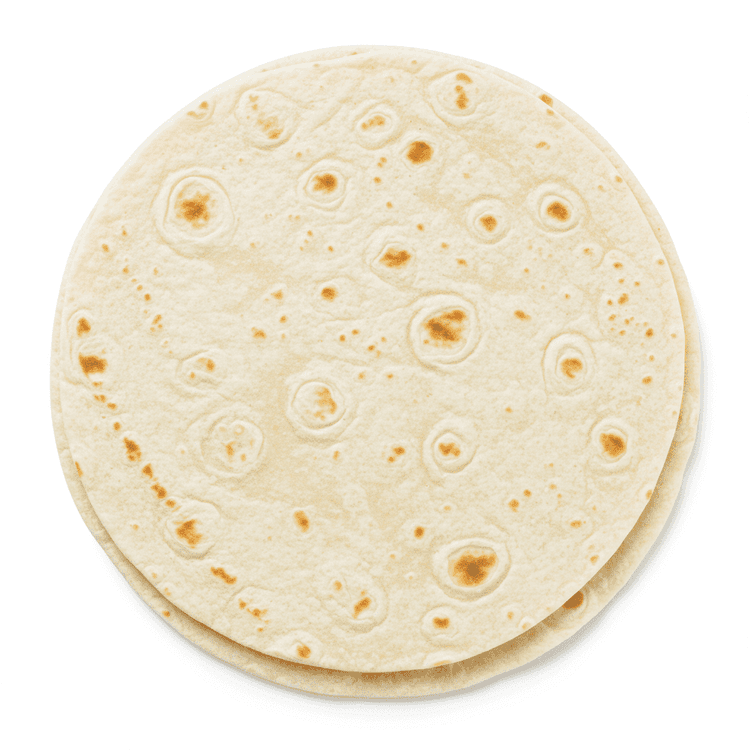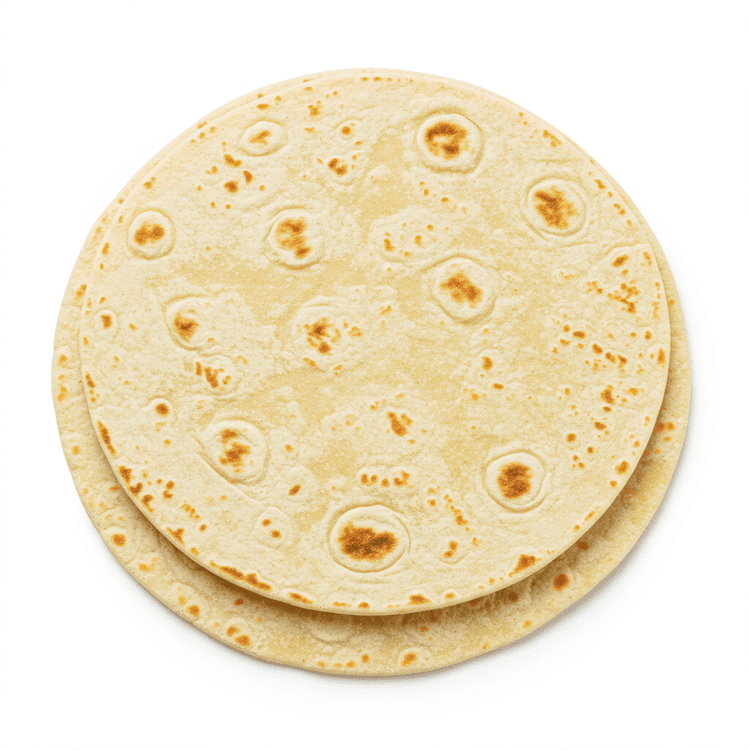
Flour
Flour is a fundamental ingredient in baking and cooking, created by milling grains, most commonly wheat. This versatile powder forms the base for countless recipes. The texture of flour varies depending on the grain and milling process, ranging from fine and soft to coarse and grainy. Different types of flour contribute to the final product's texture, from light and airy cakes to chewy breads. The color typically ranges from white to off-white, sometimes with a slightly golden hue depending on the grain. Explore the wide world of flour for baking and discover how this staple ingredient impacts your favorite foods.
Common Uses
- Flour is essential for making bread, providing structure and texture. Using bread flour, with its higher protein content, gives a chewier result to artisan loaves, sandwich bread, and rolls.
- Pastries like cakes, cookies, and muffins rely on flour to bind ingredients and create the desired crumb structure. Cake flour, lower in protein, ensures a tender and delicate texture, making it ideal for light and fluffy cakes.
- Flour is a key ingredient in thickening sauces, gravies, and stews. Whisking flour into a cold liquid prevents lumps, and simmering the mixture allows the flour to swell and thicken the sauce to the desired consistency.
- Used as a coating for fried foods, flour helps create a crispy and golden-brown exterior. Dredging meats, vegetables, or seafood in flour before frying ensures even browning and a satisfying crunch.
- Flour serves as the primary ingredient for pasta and noodles, providing the necessary gluten development for a chewy and elastic texture. Different types of flour can be used to create a variety of pasta shapes and flavors.
- Flour is used to make pancakes and waffles, providing the structure for these breakfast staples. The type of flour used can affect the texture, with some recipes calling for all-purpose flour and others benefiting from a mix with whole wheat or other grains.
Health Benefits
- Good source of carbohydrates, providing energy for daily activities.
- Enriched flours often contain added iron, contributing to red blood cell production and preventing iron deficiency.
- Provides dietary fiber (especially whole wheat flour), which aids in digestion and promotes gut health.
- Some flours contain B vitamins, essential for nerve function and energy metabolism.
- Whole grain flours can contribute to feelings of fullness, potentially aiding in weight management.
Substitutes
Chefadora AI is here.
Experience smarter, stress-free cooking.
Storage Tips
Flour should be stored in an airtight container in a cool, dry, and dark place. All-purpose and other refined flours can generally be stored at room temperature for several months. Whole wheat and other whole grain flours are more prone to rancidity due to their higher oil content and are best stored in the refrigerator or freezer to extend their shelf life. Check for any signs of pests or off odors before use.
Marnirni-apinthi Building, Lot Fourteen,
North Terrace, Adelaide, South Australia, 5000
Australia


